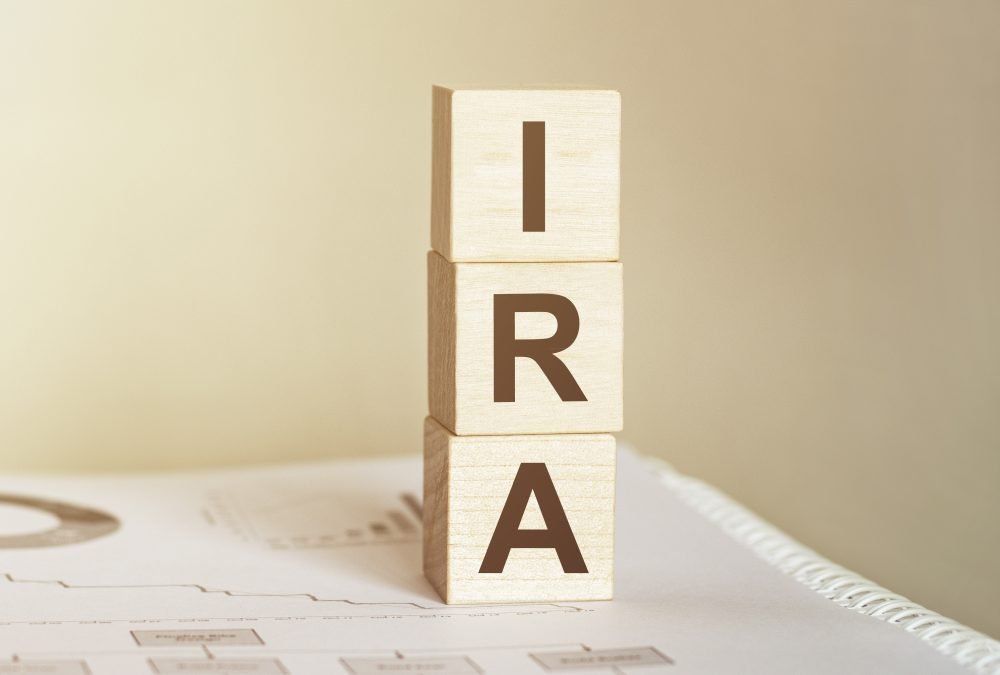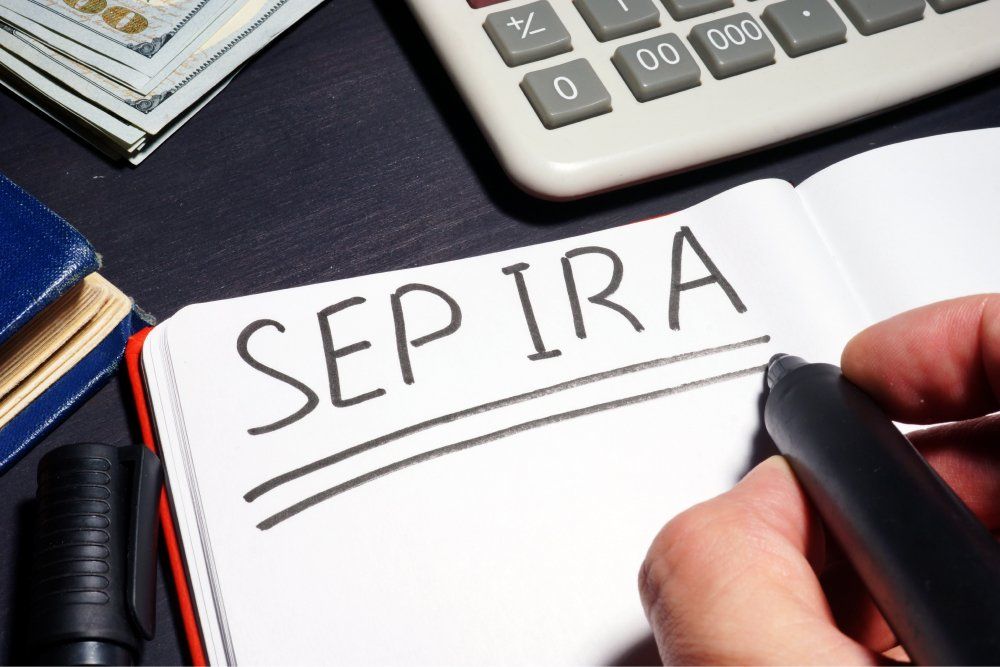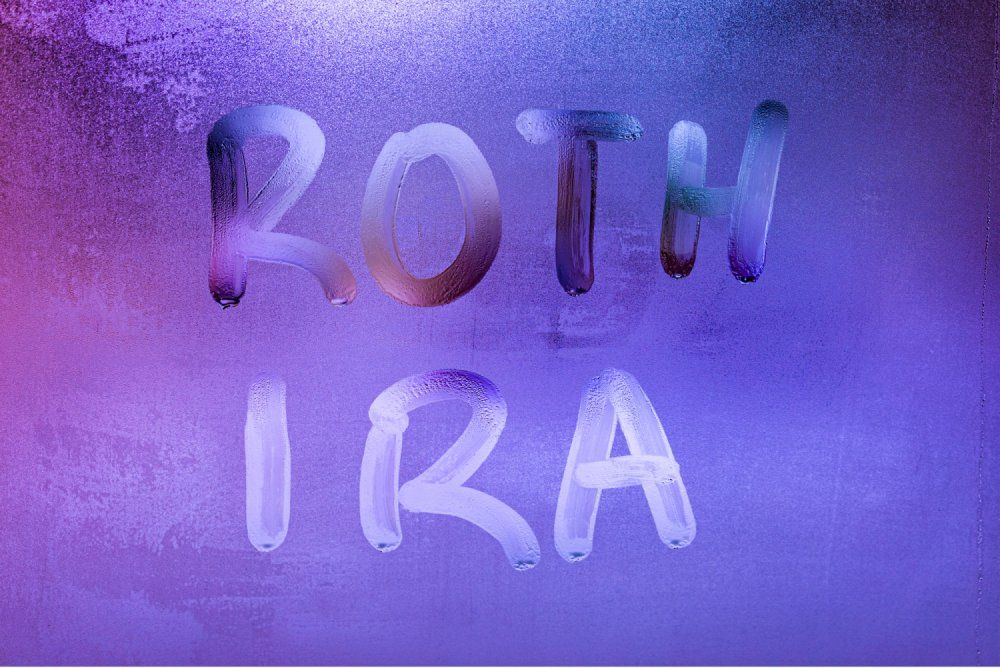Traditional IRA – Save Taxes Now and Save for Retirement
There are many different accounts available today that can help people save for retirement. Most of them come with tax savings incentives. Last week we talked about the Roth IRA, which provides flexibility to the investor and tax-free savings during retirement. This week, we’ll focus on the traditional IRA, which can save taxpayers immediately and defer taxes on their income until retirement.
Anyone with earned income from wages can contribute to a traditional IRA, limited to the lesser of their income or $6,000. There is an additional $1,000 catch-up for those that are at least 50 years old.
Whether your account’s contribution is deductible is determined by two factors: whether or not you are an active participant in an employer-sponsored retirement plan and your income. Suppose you do not actively participate in your employer’s retirement plan, and the box on your W2 states you are not a participant in the plan. In that case, there is no income phase-out, and you can invest up the limit into a traditional IRA. If you are an active participant in an employer’s retirement plan, you must earn less than $65,000 if you are single or $104,000 if you are married and filing jointly to achieve the full tax deduction. You can still contribute to a traditional IRA if you do not meet these requirements, but they will be considered non-deductible contributions in the current year.
If a person is eligible, contributions to a traditional IRA will reduce the taxpayer’s income dollar-for-dollar invested into the account. A qualified contribution to a traditional IRA is an above-the-line deduction for adjusted gross income (AGI). Meaning, every dollar you contribute to the account lowers your income by a dollar. For example, if your highest income level is the 24% federal tax bracket, every dollar you earn in that bracket is taxed 24%.
Taxpayer’s Federal Tax Rate 24%
Taxpayers Income $1,000
$1,000 x 24% = $240 in taxes
If that same person from our example contributed $1,000 to a traditional IRA, the income would avoid taxation until the money was pulled out after reaching age 59 1/2. That $240 in taxes that would have been paid can be invested and grow over time tax-deferred until it is needed later in life. Contributing $1,000 avoided the money from being taxed right now and allowed it to grow tax-deferred until retirement.
Let’s take the example one step further. Another benefit to the traditional IRA is that you can use this year’s money to pay last year’s tax liability. For example, let’s say you have your taxes done by our team at Twin Rivers, and your preparer tells you that you owe $1,200 to the IRS and are in the middle of the 24% tax bracket after completing your return. If you are eligible, you could contribute $5,000 to a traditional IRA and eliminate the $1,200 owed in taxes ($5,000 x 24% = $1,200). Our team at Twin Rivers can help you open a traditional IRA, and you can contribute the money before completing your return.
Still, there are a lot of things to consider before investing in a traditional IRA. For example, if you access your money in the traditional IRA before retirement, there are very few ways to avoid a 10% penalty in addition to the taxes you’ll pay. There is also no flexibility of only pulling out your contributions like the Roth IRA.
You should do careful financial planning before investing money in any account, especially those with retirement plans and income restrictions. If you are interested in saving for retirement, saving taxes, or learning more about investing for your future, please contact one of our advisors. We have the tools and experience to show you how accounts like traditional IRAs may fit in your financial plan.
Can We Help?
The Twin Rivers team wants to guide you on your journey to financial success. If you have any questions about the topics above or would like to discuss any financial decision you are facing, please do not hesitate to contact our team.











